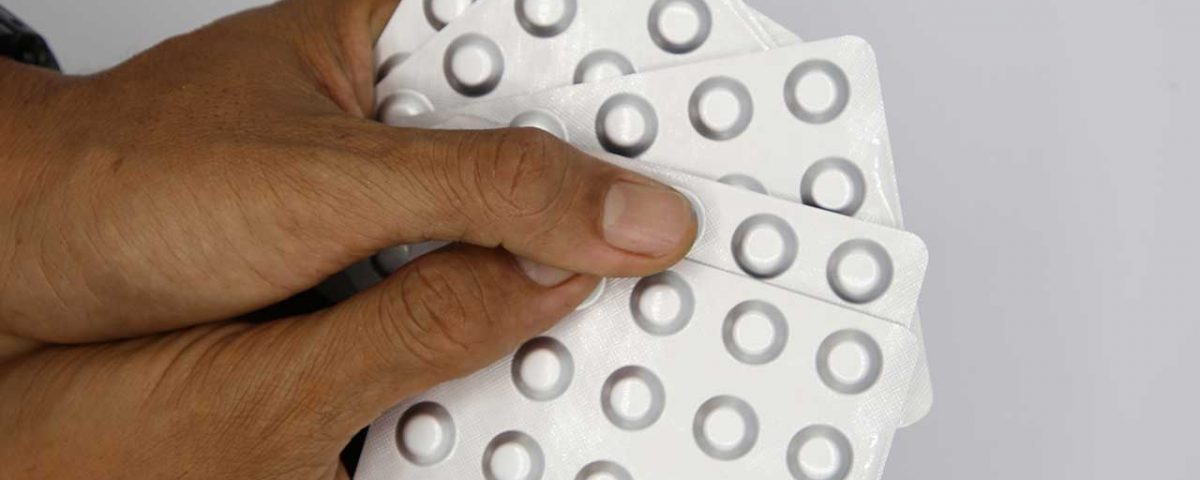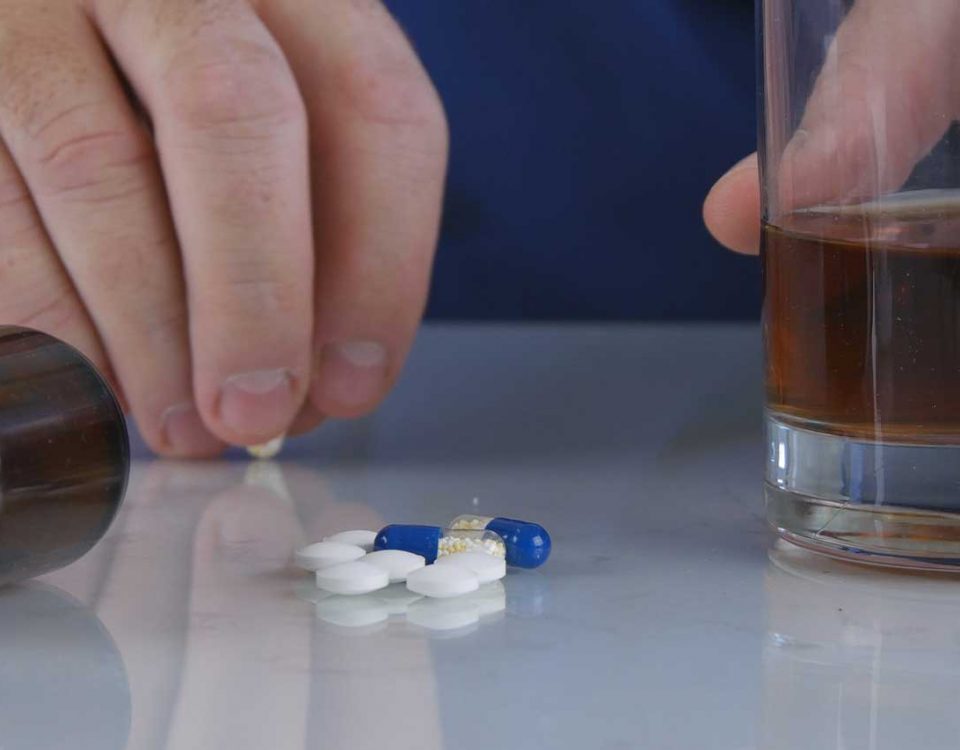Attention-deficit hyperactivity disorder (ADHD) is a common disorder that affects nearly 5.1 million people in the U.S. Luckily, there are various treatment options for ADHD, such as Ritalin. Otherwise known as methylphenidate. Ritalin is a central nervous system (CNS) stimulant that’s been proven to increase focus, decrease hyperactivity, and improve impulsivity in people with ADHD. Despite the many dangers of using prescription medications for recreational or non-medical uses - as with Adderall addiction - many people still abuse Ritalin for a high, and with abuse comes the likelihood of Ritalin withdrawal symptoms.
Common Ritalin (Methylphenidate) Withdrawal Symptoms
ADHD is usually caused by chemical instability in the brain, which can lead to impulsivity, hyperactivity, and poor focus and concentration. The condition is also marked by low dopamine levels in the brain, which is a chemical related to motivation and reward.
For these reasons, individuals with ADHD may struggle to concentrate long enough on their homework to finish, jump from one task to another, or experience mood swings. Ritalin is designed to counteract these symptoms by stimulating dopamine production, helping the person feel motivated when they complete certain tasks and improving their ability to concentrate.
However, these are also the same reasons why many people abuse Ritalin. Methylphenidate abuse is especially common among college students and executives wanting to improve their performance at school or work.
What many don’t realize is that long-term use of medications like Ritalin, especially when they’re used without a prescription, can lead to physical dependence. People who are physically dependent on Ritalin may struggle to go long periods without using the drug or may experience some undesirable physical and mental side effects known as methylphenidate withdrawal symptoms.
Common Ritalin withdrawal symptoms include:
- Addiction Anxiety
- Agitation
- Anxiety
- Changes in blood pressure
- Changes in heart rate
- Chest pain
- Confusion
- Depression
- Dizziness
- Fatigue
- Hallucinations
- Headache
- Hyperactivity
- Hypersensitivity
- Irritability
- Loss of focus
- Mood swings
- Nervousness
- Panic attacks
- Paranoia
- Respiratory depression
- Seizures
- Sleep disturbances
- Suppressed appetite and weight loss
- Tolerance
- Nausea and/or vomiting
Medical detox programs are recommended for people who have been using Ritalin for long periods to safely quit the drug and avoid physical complications.
How Long Do Ritalin Withdrawal Symptoms Last?
Considering how uncomfortable this experience can be, many people wonder how long does Ritalin withdrawal last? The duration of withdrawal from Ritalin generally lasts 1 to 3 weeks, depending on the doses the person would take and how long they’d been using the drug.
People who abuse Ritalin, either by snorting the drug or taking it in higher doses than prescribed, are more likely to experience longer and more severe withdrawals. A person’s weight, age, and metabolism can also affect how long Ritalin withdrawal symptoms stick around.
Ritalin Withdrawal Timeline
- 72 hours: Symptoms may begin within 72 hours after the person’s last dose of Ritalin. For those who were used to taking high doses, symptoms may appear as early as 24 hours after the last dose. Early symptoms may include sleep issues, anxiety, and irritability.
- 7 days: Ritalin withdrawal symptoms usually peak after about 7 days, during which they’re the most uncomfortable. Symptoms in this stage may include depression, insomnia, nausea, and fatigue.
- 2 weeks: By the second week of methylphenidate withdrawal, symptoms will start to subside. Psychological symptoms like anxiety and depression tend to linger longer than physical symptoms. Cravings for Ritalin may also persist longer than other symptoms.
- 1 month: In some cases, depression and anxiety can last longer than a month. It’s important for individuals who abused Ritalin to receive prescription drug addiction treatment to address issues like drug cravings and psychological symptoms.
Treatment for Methylphenidate Addiction and Withdrawal
The Ritalin addiction treatment process may vary from person to person depending on how long they’ve been using the medication and whether their use was prescription or recreational. On the other hand, some people with ADHD may want to explore other avenues of treating their symptoms without medication.
Withdrawal can occur in anyone who takes Ritalin for long periods, whether the use is recreational or medically guided. Regardless of the situation, detoxing is an important first step to treating dependence and ensuring that the individual is as prepared as possible for remaining abstinent from the medication.
Medically monitored detox is especially important for individuals who are addicted to Ritalin, as drug cravings and other contributing factors can be difficult to manage without professional guidance. If you or a loved one is addicted to Ritalin or any other illicit or prescription drug, our California detox center can help.
Banyan Treatment Center Palm Springs offers various levels of addiction care like PHP and residential treatment to help people in all stages of addiction and recovery get and stay sober. We’ve helped thousands of people in the U.S., and we can help you or a loved one, too.
Call Banyan today at 888-280-4763 for more information about our Ritalin withdrawal treatment or Southern California rehab programs.
Related Reading:









